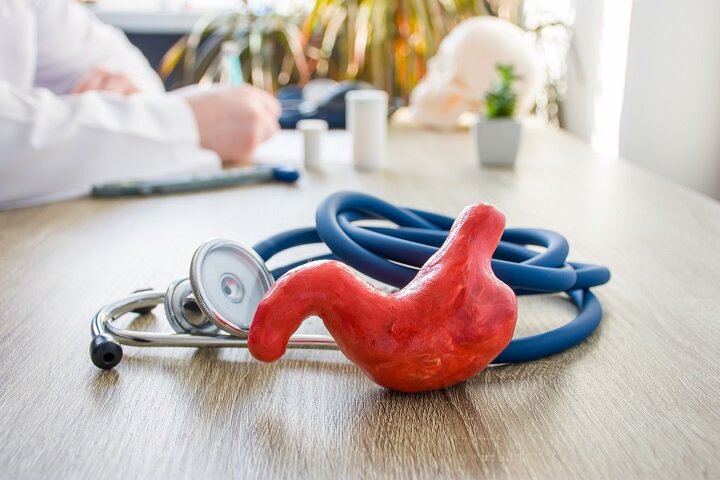Conditions That Require a Gastroenterologist for Treatment
In certain cases medical practitioners with advanced expertise must be referred to by physicians. If you believe that a problem with the digestive system triggers the person's symptoms, a doctor should refer a person to a gastroenterologist.
The symptoms of these problems may be different, but may include:
Swallowing trouble
Pain in the colon
Nausea and vomiting
Heartburn
Diarrhea
Jaundice
Constipation
The best gastroenterologists use his/her experience to examine the individual and if appropriate, prescribe care and management.
How are gastroenterologists treating such conditions?
The gastroenterologists play a crucial part in diagnosis, care and management of the condition as follows-
Polyps of the colon
Cancer of the colon
Celiac disorder.
Hepatitis
cardiovascular or gastroesophageal flux (GERD)
Cancer in gall bladder
Bowel syndrome irritable
Pancreatitis
When Should You Seek for Gastroenterologist Urgently?
Movements of irregular bowel
Constipation: If you go through less than three bowels a week, your blockage, neurologic problems, muscle or hormonal dysfunction, diet or other factors could contribute to your constipation. You will support a gastroenterologist to figure out what the cause is.
Diarrhea: If runny stool occurs for consecutive days, it may be attributable or may be suggestive of other digestive diseases such as ulcerative colitis or Crohn's disease, or of a virus, parasite/bacteria, lactose intolerance, or a medicament(s).
Bleeding from Rectum: Blood causes in stools can differ in their severity, but typically means someplace in your digestive tract is bleeding. An anal fissure can be a cause behind it, hemorrhoids (a minor cut or tear in the tissue covering the anus), or medical attention, for example cancer.
Heartburn: Often heartburn is probably not a problem, but sometimes heartburn may signify gastroesophageal reflux (GERD), esophageal diseases of Barrett, or perhaps, esophageal cancer. If reflux acid happens regularly, you can be diagnosed with GERD and be given medication to relieve your discomfort.
Age is a standard colorectal cancer screening (50+ years)
A preventive measure is a screening procedure that should be used before any symptoms. Colorectal cancer often starts as precancerous polyps that during colonoscopy can be identified and removed.
The US Preventive Services Task Force (USPSTF) recommends screening for colorectal cancer in adults 50 to 75 years old. Certain patients require colonoscopy screening beforehand. African Americans, for example, should begin screening at age 45.
Why Digestive Disease Specialist?
If you are a resident of OKC, then coming to us will be a wise decision. We have experienced and certified gastroenterologist to help you with every bowel and colon related issues. Your search for the best gastroenterologist will end with us.
**Disclaimer: This blog content does not offer a doctor's advice and creates no relationship between any patient and care provider.


